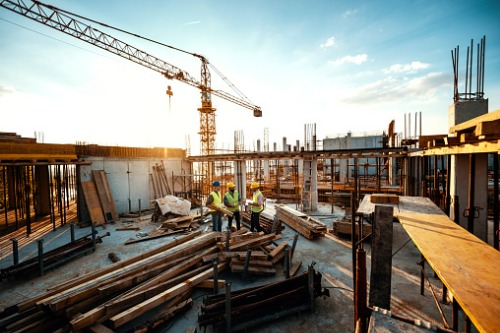ICNZ urges Aotearoa to "build back better"

Grafton said that now is the perfect moment to reset and examine whether they should rebuild in some locations and how to rebuild in order to better protect themselves in the future.
Grafton previously stated the insurer’s preparedness for Cyclone Gabrielle, the follow-up weather event after the Auckland Anniversary floods battered the islands in late January.
“Future developments need to take a long view”
“Most communities have infrastructure built decades ago that may have been fit for the hazards of the time, but are now demonstrably inadequate. Massive and sustained investment is required to address that,” Grafton said in an official statement.
He said that every dollar invested in risk reduction will save many more dollars in future economic costs, in addition to keeping people safer and reducing the stress, trauma, and loss to the community from a similar event in the future.
“Future development needs to take a long view – houses are built to last 50 years or more. It is time to draw a very clear line in the sand and not consent to build in dumb places and in a way that can’t cope with what’s to come,” Grafton said.
ICNZ earlier spoke at the Parliament’s Environment Select Committee considering the Natural and Built Environment Bill. Amongst other matters, this bill contains draft provisions to reduce risks from natural hazards as a condition of rebuilding after a disaster. That said, the legislation will not fully come into effect until after several years.
ICNZ asked whether New Zealand could afford to wait till this bill and accompanying legislation to replace the RMA, the Spatial Planning and Climate Change Adaptation Bills.
The NZ insurer advised the Select Committee that the insured losses from the two recent extreme weather events would exceed the comparable losses for all of 2022, a notable figure since that year was also a record year for insured losses from natural calamities.
The economic fallout from the storms is expected to run into the billions of dollars.
What are your thoughts on this story? Please feel free to share your comments below.





